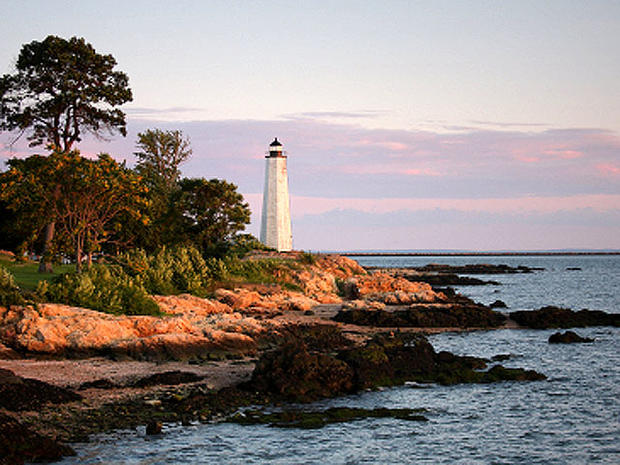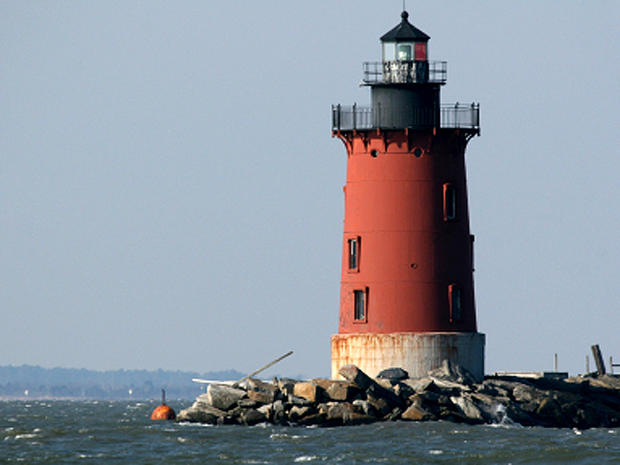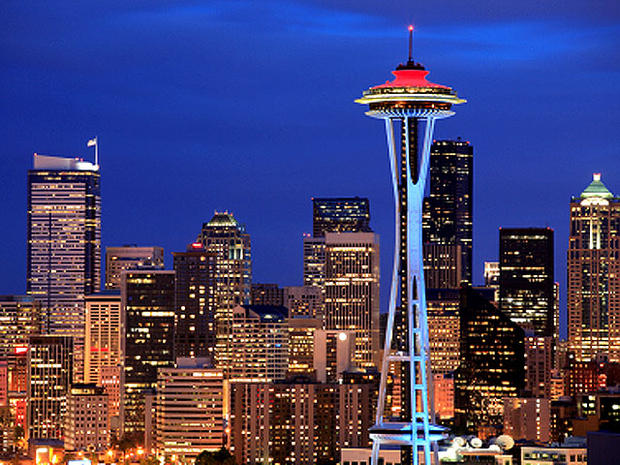Medical marijuana: 18 states that permit pot
In the U.S., 18 states plus the District of Columbia now have laws on the books permitting the use of medical marijuana. But the laws differ widely in whom they allow to smoke and how much pot they are allowed to possess.
Keep reading to see the details, as provided by Marijuana Policy Project and state resources.
Alaska
Patients are allowed to possess one ounce of processed marijuana and cultivate six plants, only three of which can be mature plants.
Arizona
Patients are allowed to possess two and one-half ounces of marijuana and 12 twelve plants to cultivate.
California
Patients are allowed to possess at least eight ounces of processed marijuana and cultivate six mature plants or 12 twelve immature plants.
Colorado
Patients are allowed to possess up to two ounces of marijuana and can cultivate up to six plants, three of which may be mature.
Connecticut
Adult patients may possess "an amount of usable marijuana reasonably necessary to ensure uninterrupted availability for a period of one month," as determined by the state's Department of Consumer Protection.
Delaware
Patients are allowed to possess six ounces at once, but are not allowed to cultivate marijuana plants at home.
District of Columbia
Patients or caregivers are allowed to possess no more than two ounces in a 30-day period, which must be obtained from a dispensary.
Hawaii
Patients or caregivers are allowed to collectively possess three ounces of processed marijuana and cultivate three mature plants and four immature plants.
Maine
Patients are allowed to possess 2.5 ounces and can choose to cultivate up to six plants.
Massachusetts
In Massachusetts, doctors can now recommend medical marijuana for patients with certain conditions including cancer, glaucoma, HIV-positive status or AIDS, hepatitis C, Crohn's disease, Parkinson's disease, ALS, or multiple sclerosis, according to the Secretary of the Commonwealth of Massachusetts.
Patients need written certification from a doctor, which would allow them to have a 60-day supply of marijuana for personal medical use. Those who wish to cultivate their own marijuana must be unable to access treatment centers and would need a permit from the health department.
Michigan
Patients are allowed to possess up to 2.5 ounces of marijuana.
Montana
Patients and caregivers are allowed to possess one ounce of marijuana and up to six plants.
Nevada
Patients and caregivers are allowed to possess one ounce of marijuana and cultivate three mature plants and four immature plants.
New Jersey
Patients are allowed to be dispensed two ounces of marijuana every 30 days.
New Mexico
Patients and caregivers are allowed to possess up to six ounces of marijuana.
Oregon
Patients and caregivers are allowed to possess 24 ounces of processed marijuana and cultivate six mature plants and 18 immature plants.
Rhode Island
Patients are allowed to possess up to 2.5 ounces of marijuana and can cultivate up to 12 plants and 12 seedlings in an enclosed, locked area.
Vermont
Patients are allowed to possess two ounces of processed marijuana and cultivate two mature plants and seven immature plants.
Washington
Patients are allowed to possess a 60-day supply (presumed to be 24 ounces) of processed marijuana and 15 plants.



















